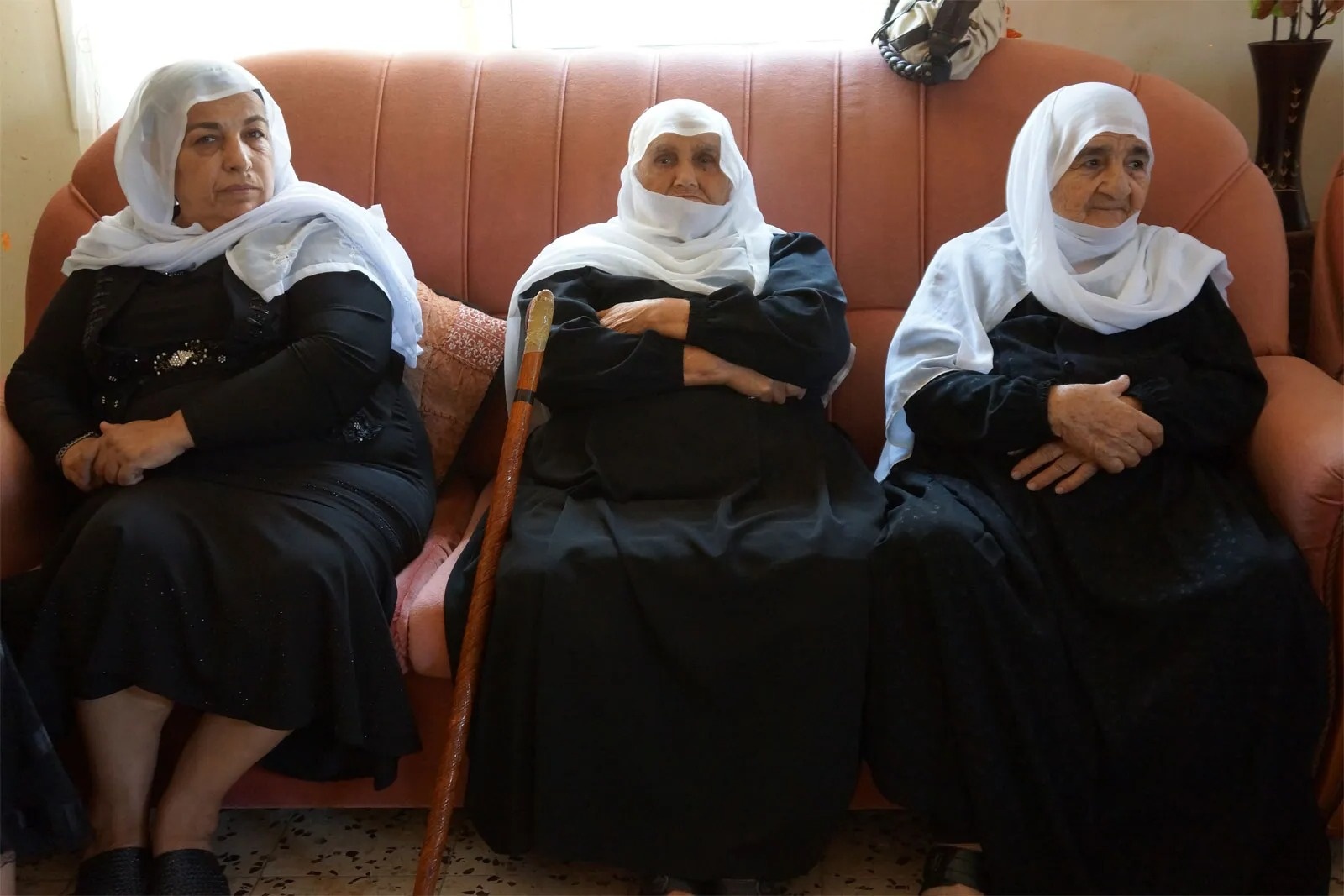
Who are the Druze? The Druze are a unique religious and ethnic group primarily found in Lebanon, Syria, and Israel. Their faith, which branched off from Islam in the 11th century, blends elements of Islam, Hinduism, and Greek philosophy. Unlike many other religions, the Druze do not accept converts; you must be born into the faith. They are known for their strong sense of community, loyalty, and secrecy regarding their religious practices. The Druze have played significant roles in the political and social landscapes of the Middle East. Curious to learn more? Here are 33 fascinating facts about the Druze.
Who Are the Druze?
The Druze are a unique religious and ethnic group primarily found in the Middle East. Their beliefs and practices set them apart from other groups in the region. Here are some fascinating facts about the Druze.
- The Druze religion originated in the 11th century in Egypt.
- They follow a monotheistic faith that incorporates elements of Islam, Hinduism, and Greek philosophy.
- The Druze community is known for its secrecy regarding religious practices and beliefs.
- Druze do not accept converts; one must be born into the faith.
- The Druze refer to themselves as "Muwahhidun," meaning "the people who believe in one God."
Where Do the Druze Live?
The Druze population is concentrated in specific regions of the Middle East. Their communities are tightly knit and often isolated.
- The largest Druze populations are in Lebanon, Syria, and Israel.
- In Lebanon, the Druze are primarily located in the Chouf Mountains.
- Syria's Druze community is mainly found in the Jabal al-Druze region.
- Israel's Druze live mostly in the Galilee and the Golan Heights.
- There are also small Druze communities in Jordan and diaspora communities worldwide.
What Are Druze Beliefs?
The Druze faith is a blend of various religious philosophies and traditions. Their beliefs are complex and often misunderstood.
- Druze believe in reincarnation and the transmigration of souls.
- They hold that God incarnated in human form, most notably in the Fatimid Caliph al-Hakim bi-Amr Allah.
- The Druze have a unique holy book called the "Epistles of Wisdom."
- They emphasize the importance of truthfulness, loyalty, and ethical behavior.
- The Druze do not practice traditional Islamic rituals like fasting during Ramadan or praying five times a day.
Druze Culture and Traditions
Druze culture is rich with traditions that have been preserved over centuries. Their customs are deeply rooted in their religious beliefs.
- Druze men often wear a distinctive white skullcap called a "tarboosh."
- Druze women traditionally wear modest clothing and a white veil.
- The Druze celebrate religious holidays unique to their faith, such as Eid al-Adha.
- They have a strong sense of community and often live in close-knit villages.
- Druze weddings are elaborate affairs that can last several days.
Druze in Modern Society
Despite their ancient roots, the Druze have adapted to modern society while maintaining their unique identity.
- Many Druze serve in the military, particularly in Israel where they are known for their loyalty.
- Druze have made significant contributions to politics, with members serving in various governmental roles in Lebanon, Syria, and Israel.
- Education is highly valued in Druze communities, with many pursuing higher education.
- Druze women are increasingly participating in the workforce and public life.
- The Druze have a strong presence in the arts, with many becoming successful musicians, actors, and writers.
Challenges Facing the Druze
Like many minority groups, the Druze face challenges that threaten their way of life and cultural heritage.
- Political instability in the Middle East has affected Druze communities, particularly in Syria.
- The secrecy of their religious practices can lead to misunderstandings and mistrust from outsiders.
- Modernization and globalization pose a threat to traditional Druze customs and values.
- The Druze often face discrimination and persecution due to their unique beliefs.
- Efforts to preserve their language and cultural heritage are ongoing but face many obstacles.
Interesting Tidbits About the Druze
Here are some lesser-known facts that highlight the uniqueness of the Druze community.
Final Thoughts on Druze Facts
Druze culture is rich with unique traditions and beliefs. Their faith blends elements from Islam, Christianity, and other philosophies, creating a distinct spiritual path. The Druze community values secrecy, often keeping their religious texts and practices private. Despite their small numbers, Druze people have made significant contributions to politics, science, and the arts. They emphasize loyalty to their country, wherever they reside, and often serve in the military. The Druze flag, with its five colors, symbolizes key principles of their faith. Understanding these facts helps appreciate the complexity and depth of Druze heritage. Their commitment to education and community service stands out, reflecting their core values. Learning about the Druze offers a glimpse into a fascinating and lesser-known culture, enriching our global perspective.
Was this page helpful?
Our commitment to delivering trustworthy and engaging content is at the heart of what we do. Each fact on our site is contributed by real users like you, bringing a wealth of diverse insights and information. To ensure the highest standards of accuracy and reliability, our dedicated editors meticulously review each submission. This process guarantees that the facts we share are not only fascinating but also credible. Trust in our commitment to quality and authenticity as you explore and learn with us.


